As technology continues to advance at a record pace, the future of work faces further transformation in 2025. From automation to AI-driven tools, new tech is poised to reshape industries and redefine workforce dynamics in the next year. We look at 20 ways these innovations will change the way we work, including new opportunities and challenges:
AI-Driven Recruitment

Artificial Intelligence is set to revolutionize hiring processes by identifying the most qualified candidates and reducing biases. AI tools can analyze resumes, assess personality traits, and predict job performance, resulting in a more streamlined and efficient recruitment process.
Remote Work Optimization

2025 will see a new generation of remote work tools, including virtual office software and collaborative platforms that make remote work feel more connected. Real-time translation and immersive virtual reality (VR) meetings will bridge global teams, bringing a more seamless and inclusive experience.
Wearable Health
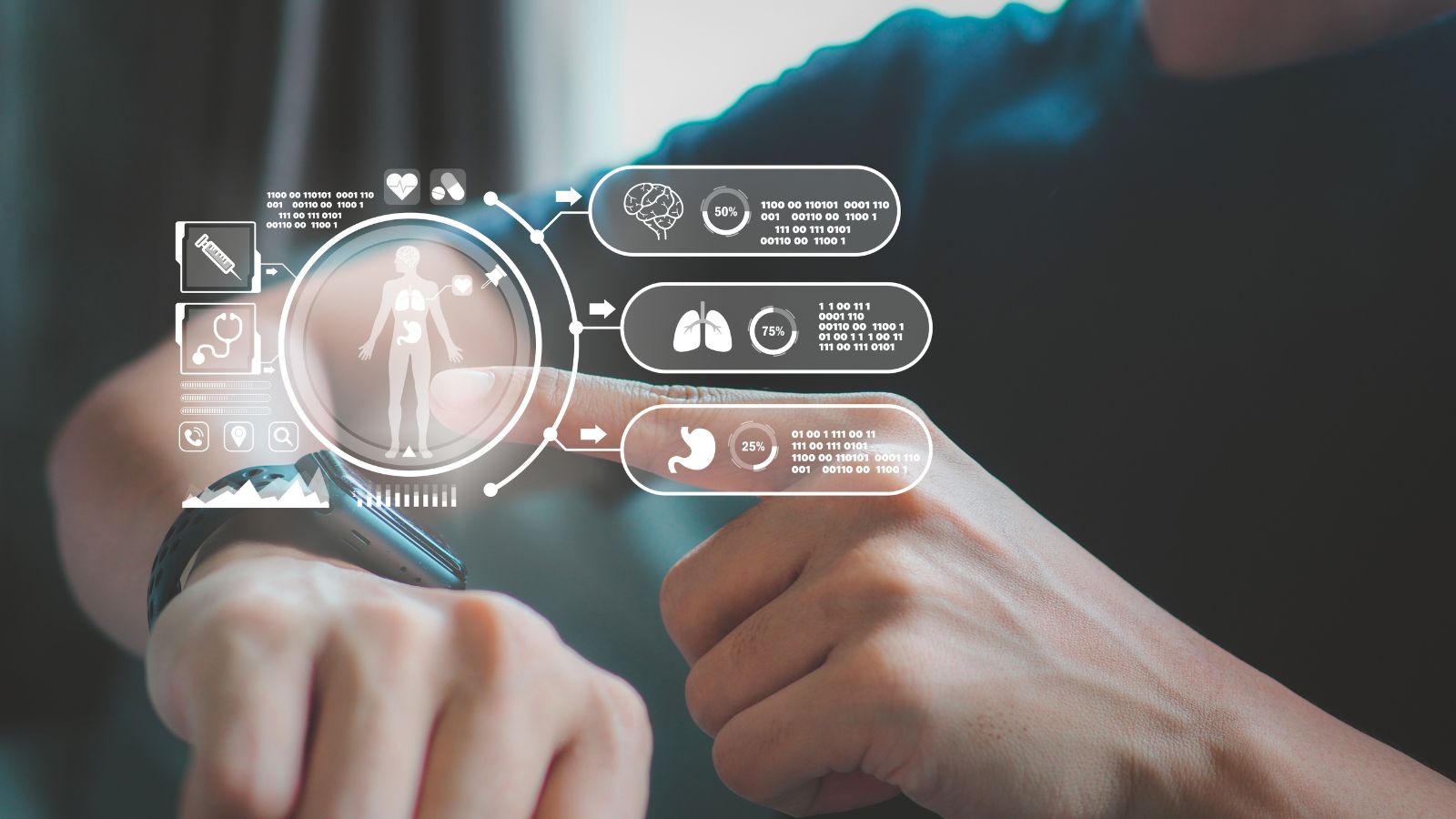
Wearable technology will become increasingly common, offering insights into employee health, productivity and stress levels. Companies may use these trackers to promote well-being and tailor work environments to individual needs, enhancing both productivity and job satisfaction.
Digital Training Programs
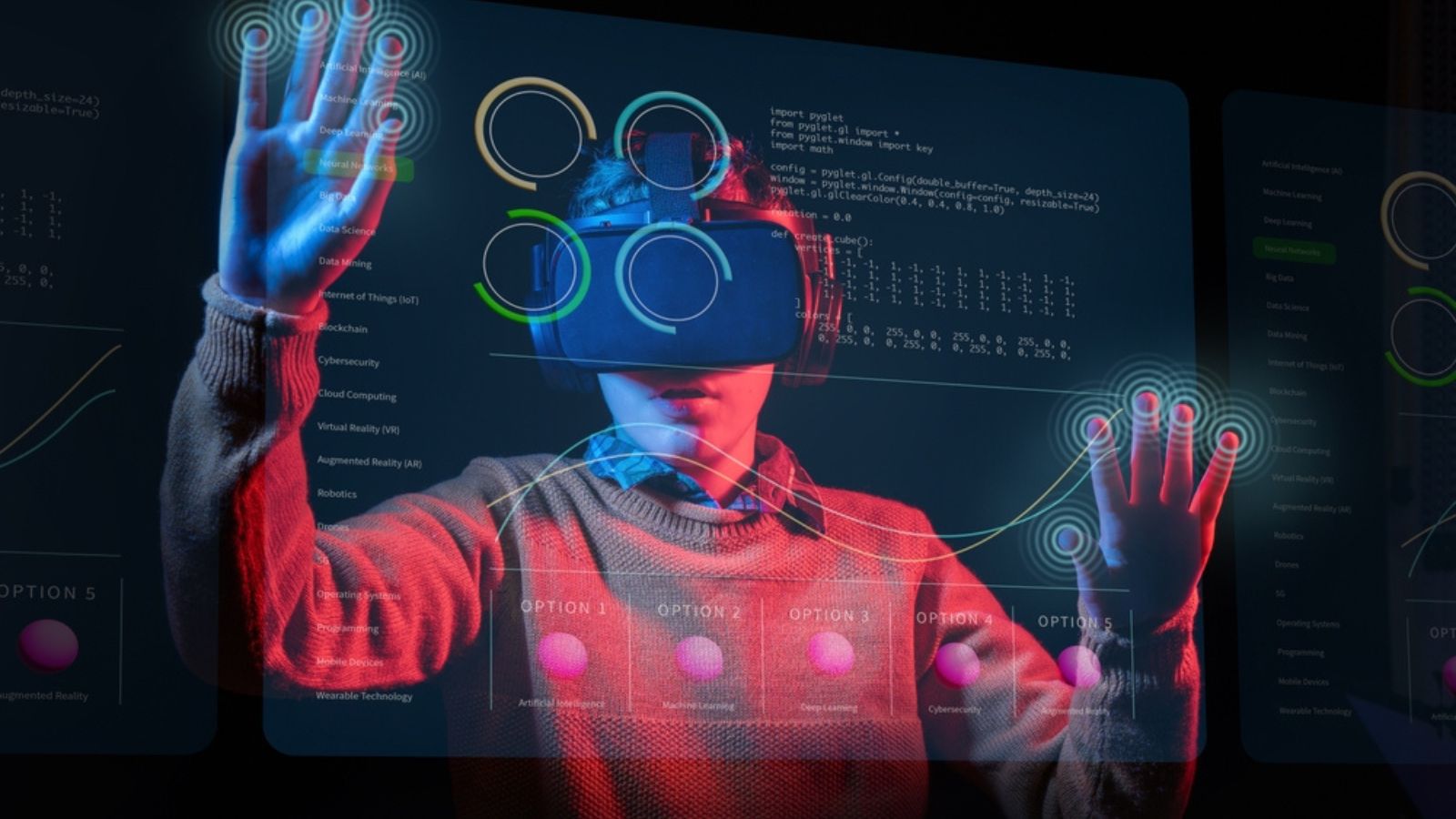
With AR (Augmented Reality) and VR (Virtual Reality), digital mentorship will become a widespread tool for onboarding and training. Employees can practice real-world scenarios in a virtual space, reducing the need for physical presence and allowing more flexible training opportunities.
Increased Reliance on Gig Workers and Freelancers

As companies seek specialized skills for short-term projects, the gig economy will grow. Digital platforms that connect freelancers with businesses will make it easier for companies to access top talent on demand, allowing employees to diversify their careers.
Automation of Routine Tasks
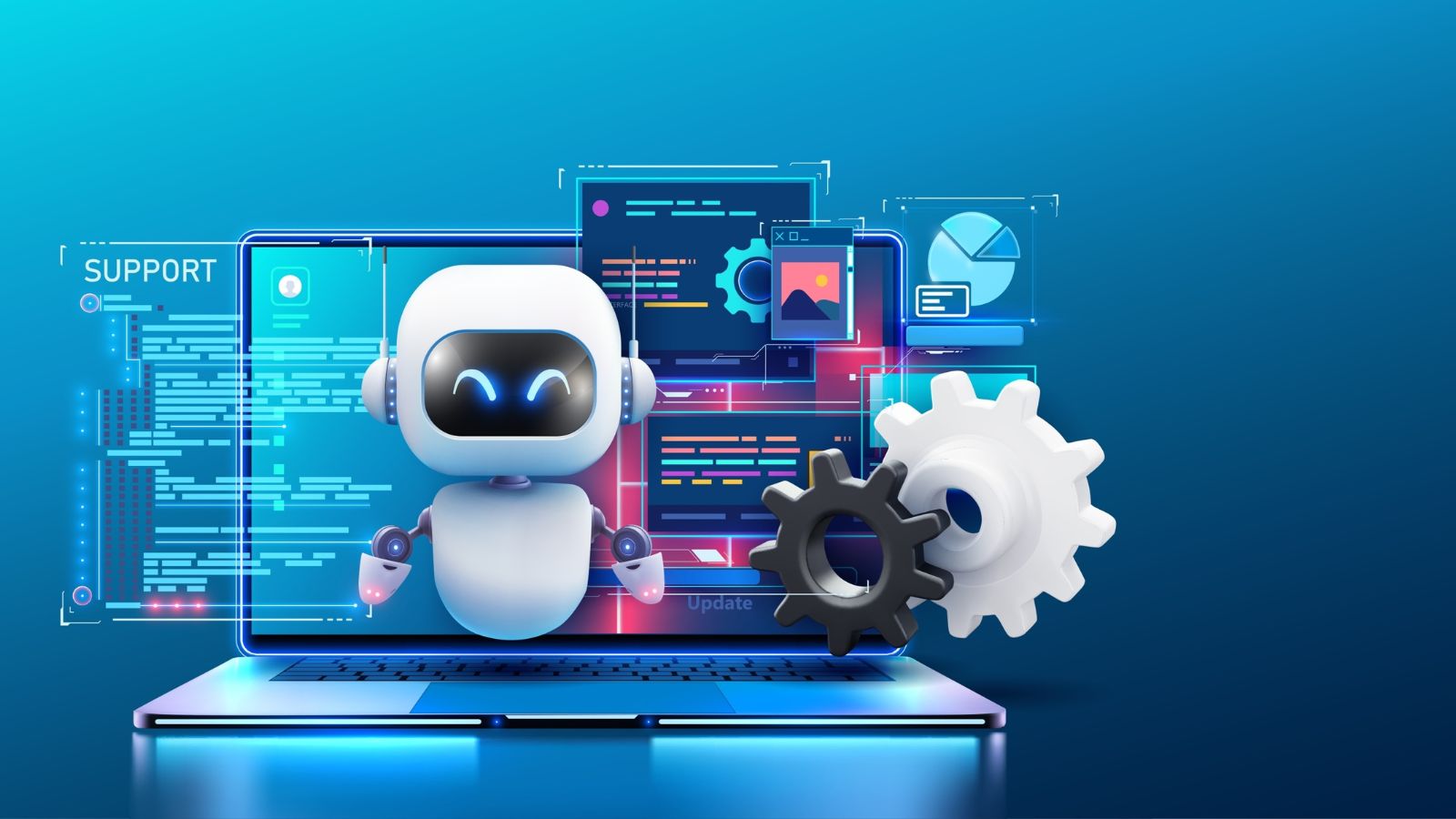
Robotic Process Automation (RPA) will handle repetitive, time-consuming tasks, freeing up employees for more strategic roles. From data entry to customer service inquiries, automation will allow workers to focus on higher-value tasks, transforming job roles across industries.
AI-Enhanced Decision Making

AI analytics platforms will enable better and faster decision-making by providing data-driven insights. Business leaders can leverage these tools for predictive analytics, optimizing workflows and forecasting trends with increased accuracy.
Collaborative Robots in the Workplace
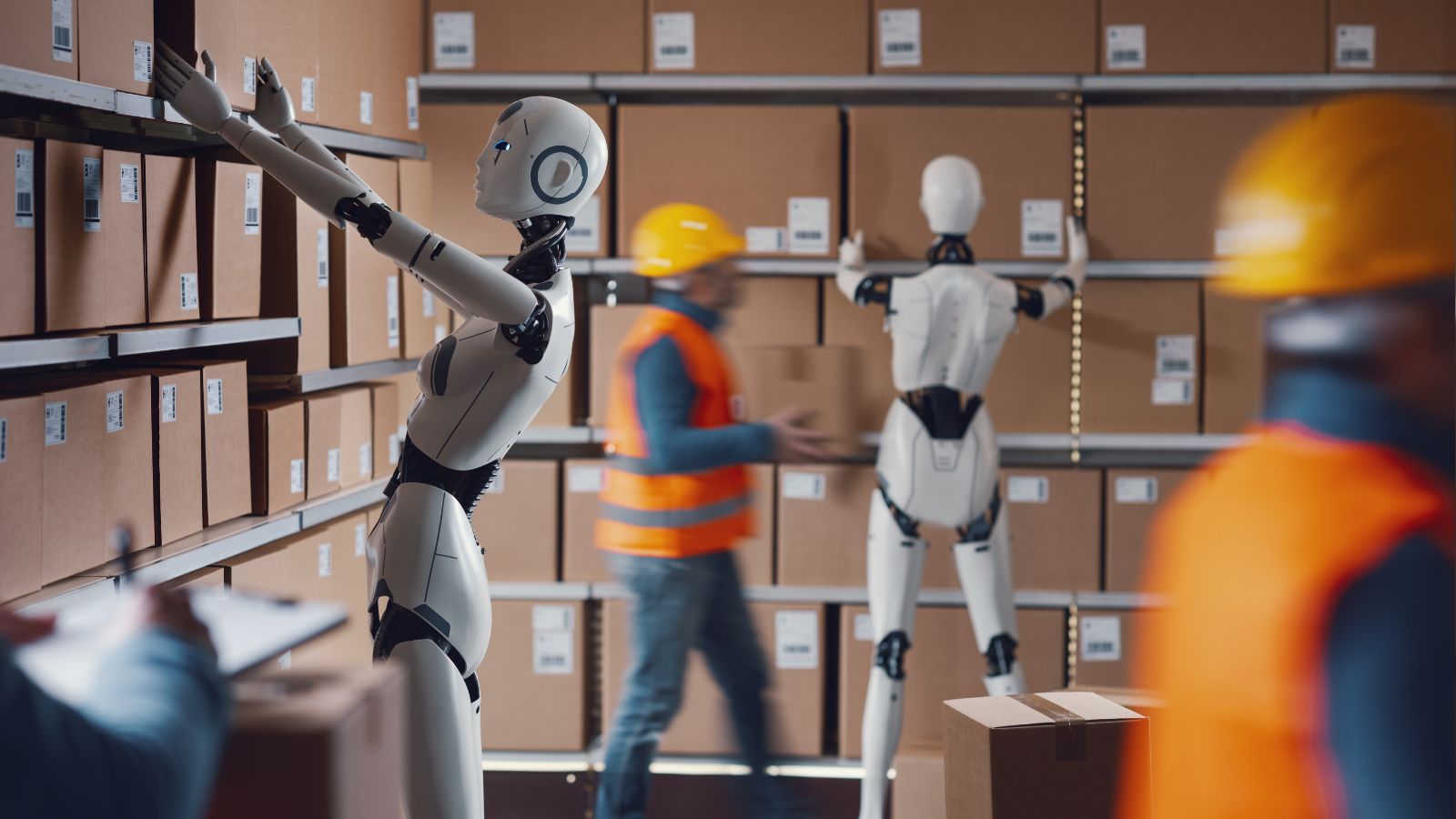
Collaborative robots, or cobots, will be a standard part of various industries, especially manufacturing. Unlike traditional robots, cobots work alongside humans, assisting with tasks and enhancing productivity without requiring complete automation of the workforce.
Improved Employee Well-being Initiatives

With the rise of AI-driven health data, employers will have more insights into stress management and mental health support. Predictive analytics will enable companies to intervene proactively, creating healthier, more supportive work environments.
Virtual Office Spaces

The virtual office is the next step in remote work evolution, where VR and augmented reality create a sense of presence for employees, regardless of their location. By 2025, VR offices could allow coworkers to interact in a 3D environment, making remote work feel more natural and engaging.
Hyper-Personalized Learning and Development

AI will help create personalized development paths for each employee, recommending courses and training modules based on skill gaps and career aspirations. This shift will make professional growth more accessible and tailored to individual needs.
Blockchain for Enhanced Security

Blockchain technology will bring unprecedented transparency and security to data management, protecting both employee and company information. With secure digital identities and transaction tracking, blockchain will simplify payroll processes, identity verification and contractual agreements.
Flexible, AI-Supported Scheduling
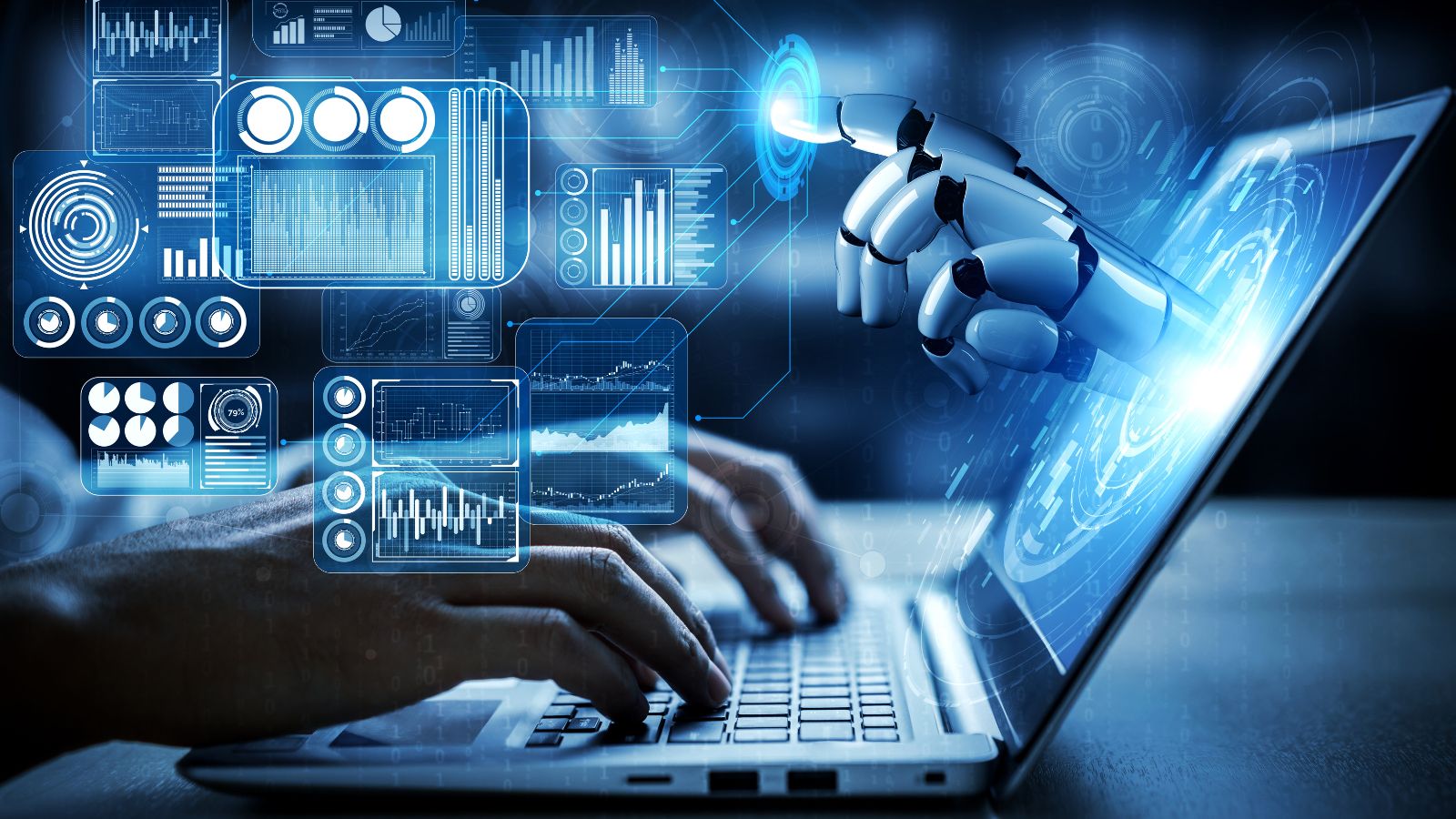
AI-driven scheduling tools will automatically create optimal schedules for employees based on personal preferences and peak productivity hours. This tech will be particularly beneficial for companies with complex staffing needs, improving work-life balance and minimizing conflicts.
Augmented Reality for Customer Service

Augmented reality will become a crucial tool in customer service. AR overlays can guide customers through setup instructions, troubleshooting, or even virtual shopping experiences, allowing customer service reps to offer remote, visually guided assistance.
Digital Twins for Workforce Planning
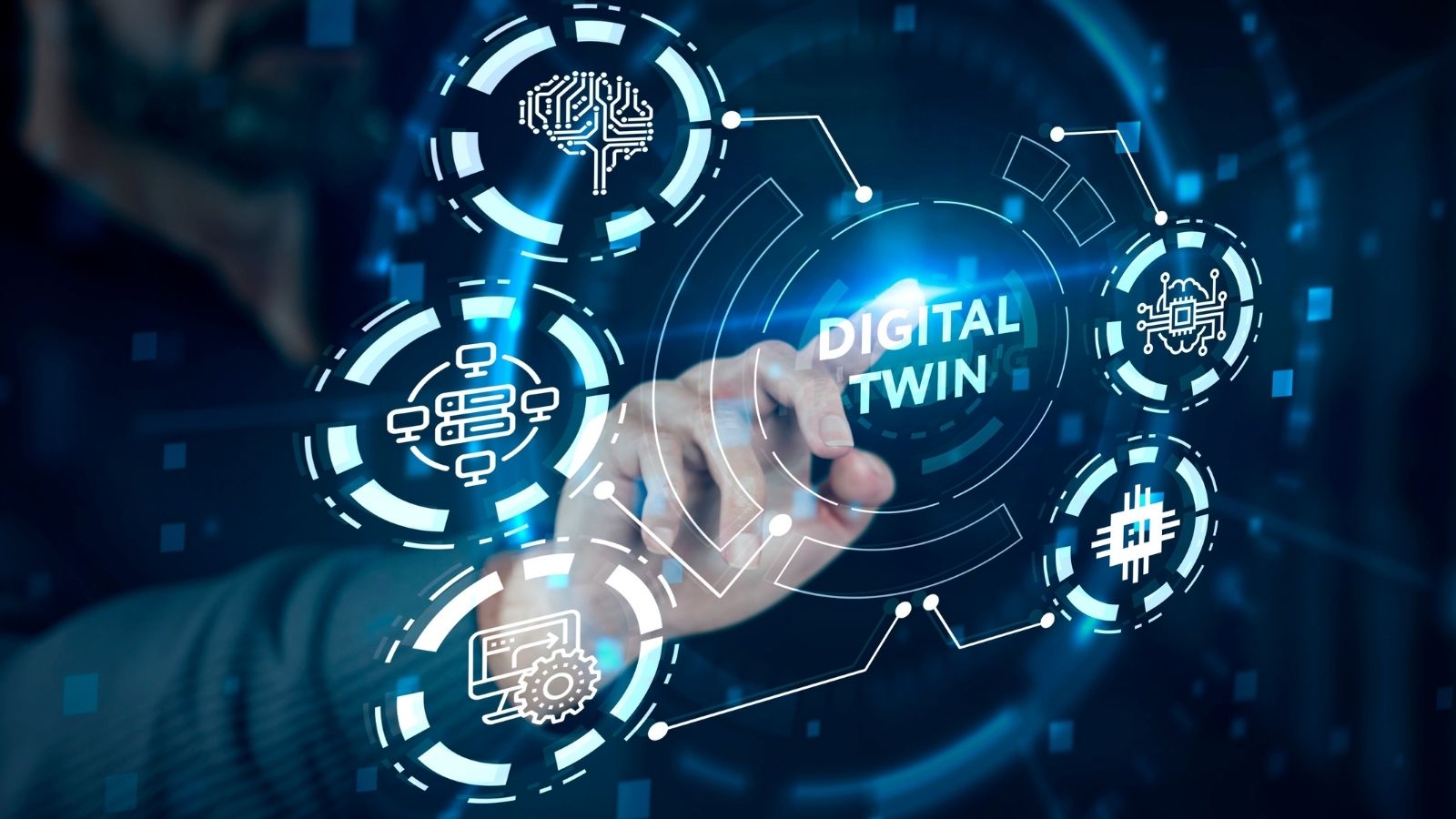
A digital twin, a virtual replica of a physical entity, will help companies simulate different workforce scenarios. This technology enables businesses to plan around peak times, streamline workflows and optimize performance without needing a physical presence.
Emphasis on Tech Literacy

With tech becoming integral to nearly every role, digital literacy will be crucial. More companies will provide continuous training for employees to stay adept at using new digital tools, making adaptability an essential skill in the workforce.
Artificial Emotional Intelligence

As AI develops the capacity to detect and respond to human emotions, customer-facing roles like sales and support will become more efficient. Emotionally intelligent AI can analyze tone, sentiment and facial expressions, helping employees offer a more responsive and customized experience.
Assistive Technology

AI and automation are improving accessibility, allowing companies to better integrate employees with disabilities into the workforce. For example, voice-activated tools and adaptable interfaces will create a more inclusive environment, bringing untapped talent into the fold.
Reduction of Geographic Boundaries

AI-powered recruiting platforms and remote work tech will encourage companies to hire beyond their immediate location, accessing a global talent pool. This trend will make it easier for diverse teams to collaborate, creating a richer work environment.
Enhanced Data Privacy Regulations

With data privacy increasingly under scrutiny, tech companies are developing robust compliance tools to meet stricter data regulations. In 2025, privacy-focused platforms will help companies manage customer data ethically, balancing innovation with user protection.
Quotes are not sourced from all markets and may be delayed up to 20 minutes. Information is provided ‘as is’ and solely for informational purposes, not for trading purposes or advice.Disclaimer
18 Reasons Why People Are Leaving Florida in Masses

Exploring factors that impact the desirability of living in Florida, this list delves into various challenges shaping residents’ experiences. From environmental concerns like rising sea levels to economic factors such as fluctuating job markets, these issues collectively contribute to a nuanced understanding of the state’s appeal.
18 Reasons Why People Are Leaving Florida in Masses
